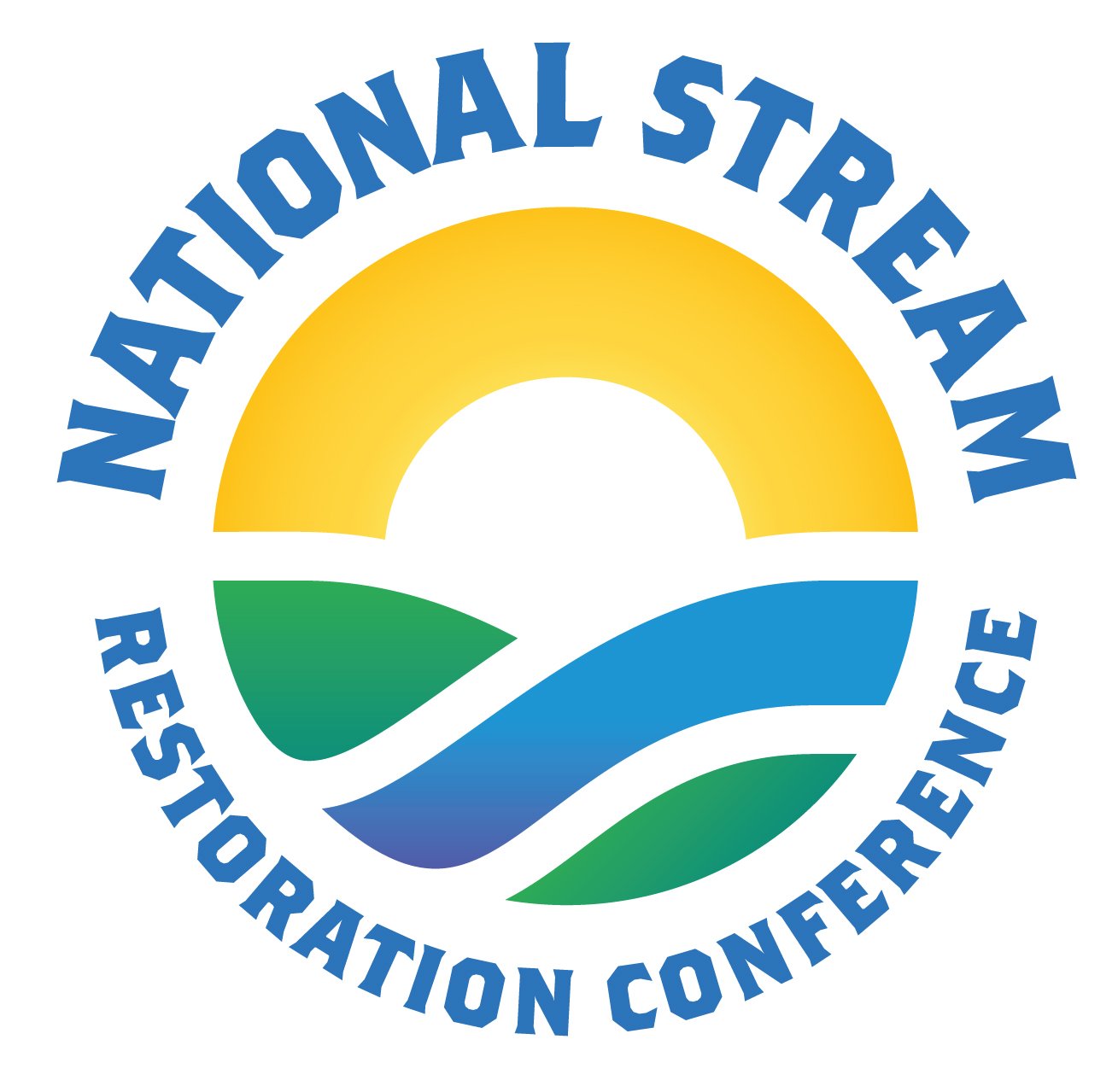Watershed-Scale Effects of Floodplain and Stage 0 Restoration on Hydrologic Attenuation
Erich T. Hester, PhD
Virginia Tech
Blacksburg, VA
Authors:
-- Erich T. Hester, Civil and Environmental Engineering, Virginia Tech, Blacksburg VA
& AAAS Fellow with Water Power Technologies Office, U.S. Dept. of Energy, Washington DC
-- Carly Federman, Civil and Environmental Engineering, Virginia Tech, Blacksburg VA
-- Sean Welch, Fish and Wildlife Division, Bonneville Power Administration, Portland, OR
-- Luke Goodman & Durelle T. Scoot, Biological Systems Engineering, Virginia Tech, Blacksburg VA
Increased peak flows and associated flood risk, as well as decreased baseflow and associated impacts to floodplains and aquatic ecosystems, are common effects of human land use that can be exacerbated by climate change. Enhancing floodplain capacity through river restoration to increase surface water storage along river networks has potential to mitigate such impacts. Yet this potential has been poorly quantified at the watershed scale. We simulated the effect of varying the amount and location of floodplain and Stage 0 restoration in a series of watersheds using the U. S. Army Corps of Engineers Hydrologic Engineering Center’s River Analysis System (HEC-RAS). First, we modeled a synthetic 4th-order watershed using average stream geometry and hydrology for the Virginia Piedmont with storms ranging in size from the 2-year down to monthly discharges. Model results indicate that Stage 0 techniques (simulated as low banks/shallow channel) were more effective at inducing floodplain exchange and flood wave attenuation than restoring bankfull floodplains (simulated as higher banks/deeper channel). The incremental effect of an individual restoration project varied depending on where it was in the 4th-order channel network, and on the amount of previous restoration that had already occurred in the watershed, with tradeoffs between enhancing flood attenuation and enhancing floodplain exchange. Second, we simulated the cumulative effect of Stage 0 restoration (simulated as multiple/shallow channels, fully connected floodplain) in the Meadow Creek watershed, a tributary to the Grande Ronde River in Oregon. We found substantial effects of Stage 0 on reducing peak flows and evaluated the pre-post restoration lag time to quantify altered baseflow response. Important future directions include extending this analysis to larger spatial scales and additional processes (e.g., groundwater exchange). Overall, our results indicate that floodplain and Stage 0 restoration approaches have substantial potential to reduce peak flows, increase floodplain storage, and provide a positive watershed hydrologic response to increase system resilience to climate change. Within that context, we emphasize the importance of viewing watersheds as a whole to understand the potential impacts of projects, and watershed-level planning is necessary to prioritize which stream reaches have the greatest benefit in supporting improved hydrologic response.
About Erich T. Hester, PhD
Erich Hester is a faculty member in Civil and Environmental Engineering at Virginia Tech. He leads a research group focused on environmental hydraulics, which investigates how the flow of water through channels, floodplains, and groundwater affect flood attenuation, water quality, and ecosystems. This knowledge is applied to improve river management including river restoration and flood control, and has been presented at the Mid-Atlantic Stream Restoration Conference, Eco-Stream, and River Restoration Northwest. He also has nearly a decade of private sector experience in the Western United States also focused on river hydraulics, restoration, and water quality management. He is a licensed professional engineer in Virginia and Washington State

